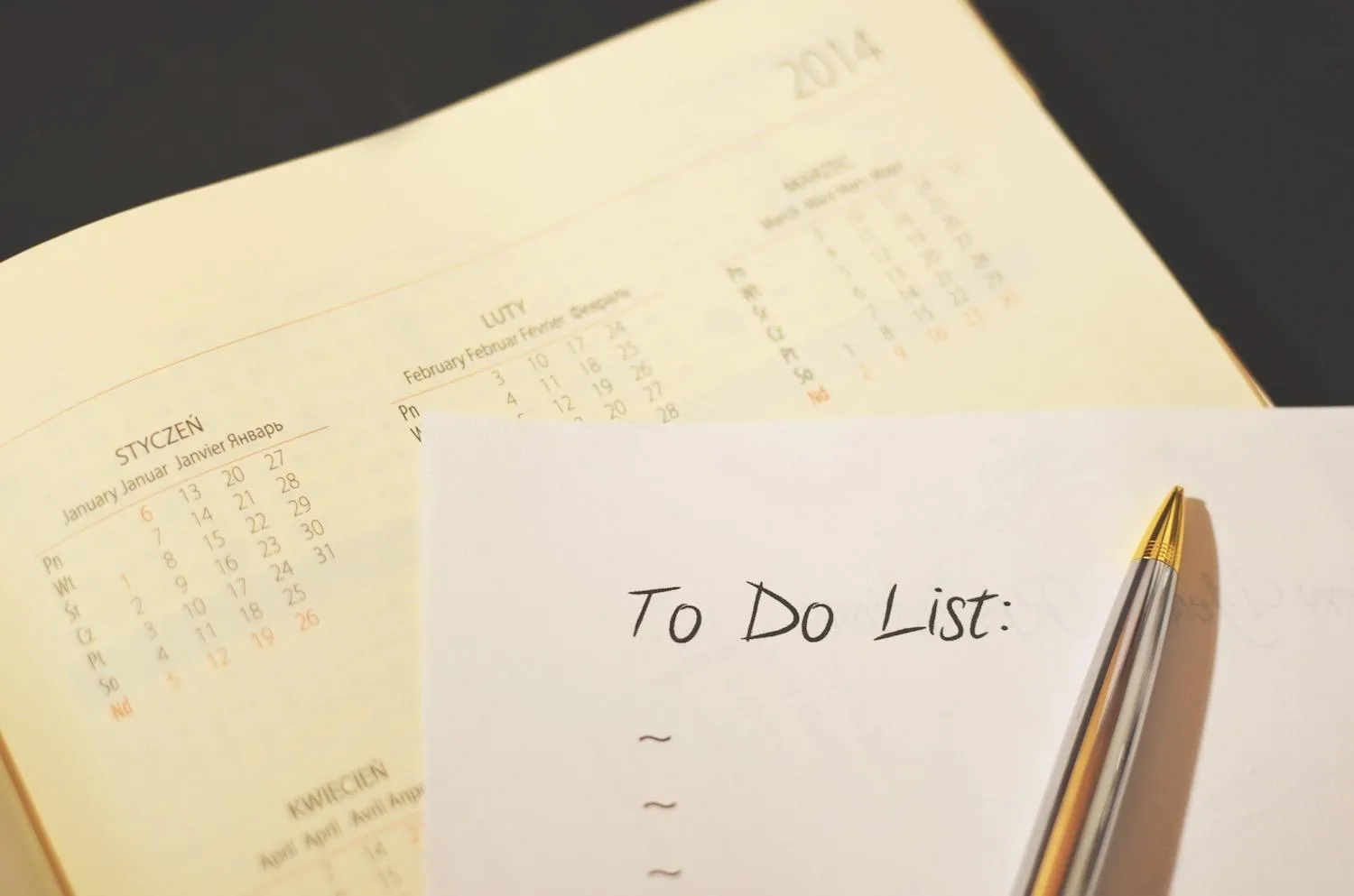When you find yourself stuck and unable to accomplish tasks, it can be frustrating. Understanding the reasons behind this can be the first step toward regaining control of your productivity. Here’s a structured approach to help you overcome these barriers and get back on track.
Identify the Root Causes
Before implementing any solutions, it's crucial to identify why you're struggling to get things done. Common reasons include:
- ''Procrastination''
- ''Overwhelm''
- ''Distractions''
- ''Lack of motivation''
- ''Unclear goals''
By recognizing these obstacles, you can tailor your approach to combat them effectively.
Set Clear and Achievable Goals
One major reason for not being able to complete tasks is having vague or overly ambitious goals. To enhance your productivity, try breaking down larger tasks into smaller, actionable steps. This method not only makes the tasks seem less daunting but also helps you track your progress. Consider using a table to visualize your goals:
| Goal | Action Steps | Deadline |
|---|---|---|
| Complete Project A | Research, Draft, Edit | Next Friday |
| Prepare for Presentation | Outline, Create Slides, Practice | This Sunday |
By structuring your tasks in this manner, you improve your chances of staying focused and achieving your goals.
Establish a Routine
Creating a daily routine can significantly enhance your productivity. A structured schedule helps in minimizing distractions and allocating specific times for tasks. Here’s how to create an effective routine:
- ''Prioritize Tasks'': Use the Eisenhower Matrix to classify tasks into urgent and important categories.
- ''Time Blocking'': Dedicate specific blocks of time for different activities.
- ''Regular Breaks'': Incorporate short breaks to recharge and maintain focus.
By sticking to a routine, you develop a habit of productivity that can lead to accomplishing more in less time.
Minimize Distractions
Modern life is full of distractions, from smartphones to social media. To stay productive, you must create an environment conducive to focus. Here are some strategies:
- ''Designate a Workspace'': Choose a specific area for work that’s free from distractions.
- ''Limit Screen Time'': Use apps to block distracting websites during work hours.
- ''Turn Off Notifications'': Silence your phone and other devices while working.
By minimizing distractions, you can enhance your concentration and get more done in less time.
Stay Accountable
Accountability can be a powerful motivator. Sharing your goals with someone else can help keep you on track. Consider these options:
- ''Partner Up'': Find a colleague or friend to share your goals and check in regularly.
- ''Use Apps'': Utilize productivity apps that allow for tracking progress and sending reminders.
- ''Join a Group'': Participate in groups focused on productivity where members support each other.
Accountability not only boosts motivation but also creates a sense of responsibility towards completing tasks.
Practice Self-Compassion
Finally, it's essential to be kind to yourself when you face setbacks. Productivity is a journey, and everyone has off days. Here are some self-compassion strategies:
- ''Acknowledge Your Feelings'': Recognize that feeling unproductive is normal and valid.
- ''Reflect and Adjust'': Take time to analyze what went wrong and how you can improve.
- ''Celebrate Small Wins'': Reward yourself for completing even minor tasks to build momentum.
By practicing self-compassion, you create a healthier mindset that promotes long-term productivity.
Conclusion
When you can't get things done, it’s vital to approach the issue methodically. Identifying root causes, setting clear goals, establishing routines, minimizing distractions, staying accountable, and practicing self-compassion can all contribute to overcoming productivity hurdles. Remember, every step taken toward improvement counts. With the right strategies in place, you can transform your workflow and achieve your objectives. Keep these tips in mind to enhance your productivity and make the most of your time.





